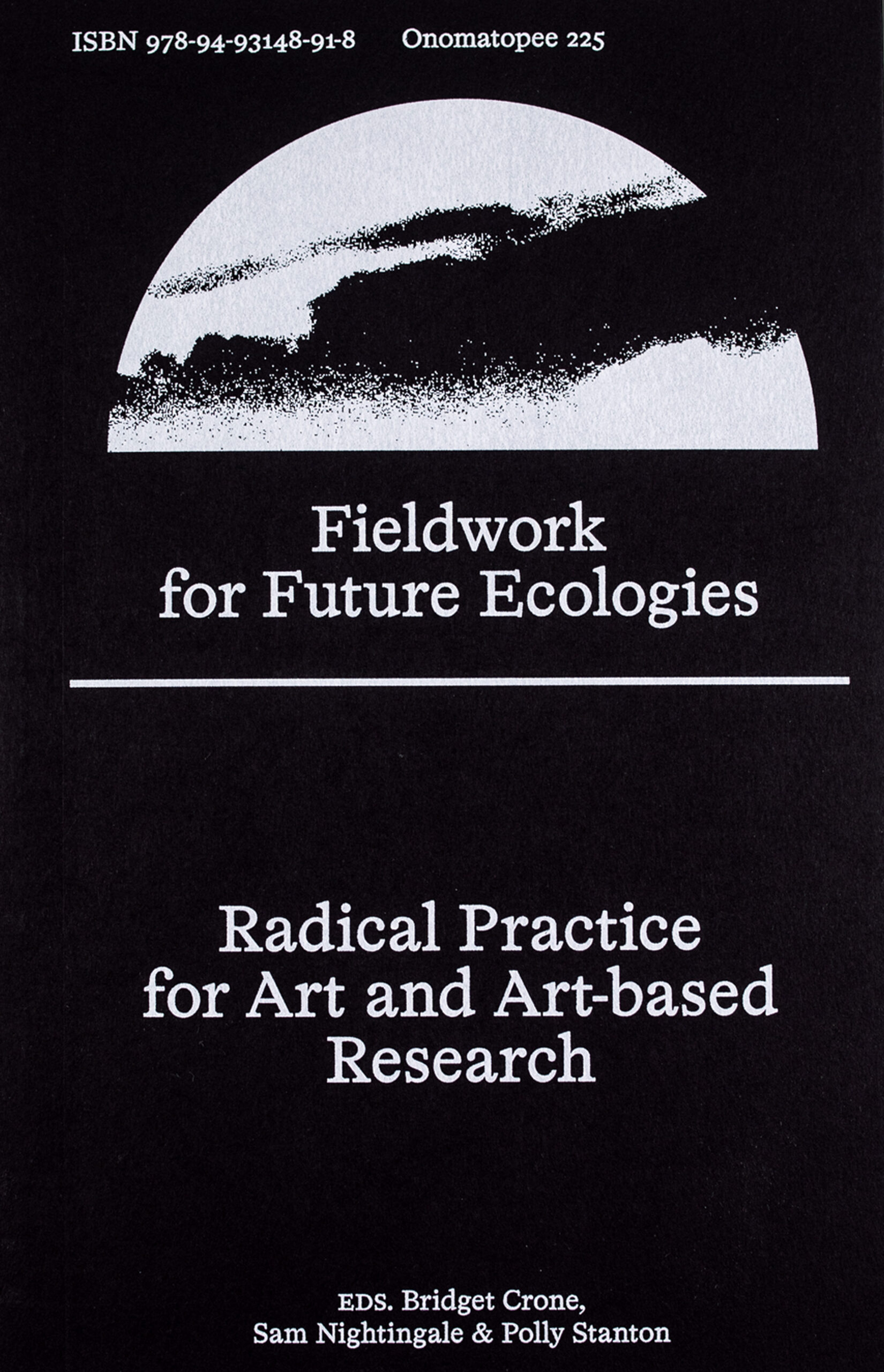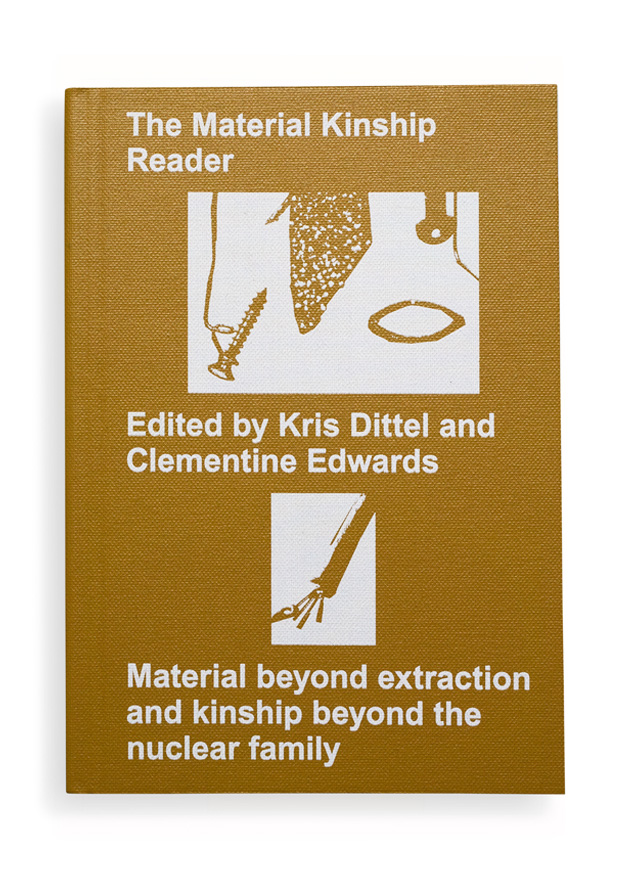Onomatopee
Onomatopee Projects is a curating and editorially led independent publisher and exhibition space that is particularly known for its self-initiated and transdisciplinary projects. Furthermore, Onomatopee also hosts the projects of progressive individuals as well as artist-run and institutional organizations.
Inspired by a DIY attitude and a hunger for critical elevation, Onomatopee Projects discusses and mediates a habitual visual sanctuary of pop culture, power, and other environments of visual consciousnesses alike.
Each project – consisting of a boundary-pushing exhibition and an elevating publication– uses exceptional cultural attention as a source of wonder and knowledge that identifies a current experience of visual culture. Assembling surprising teams of artists, designers, academic thinkers, creative writers, architects, exhibition designers, graphic designers, and more; the exhibitions’ curatorial formats challenge contemporary topics in unconventional ways.
Onomatopee produces visual criticality and advocates progressive culture to inspire in-depth experiences and to provide critical nourishment for all.
Inspired by a DIY attitude and a hunger for critical elevation, Onomatopee Projects discusses and mediates a habitual visual sanctuary of pop culture, power, and other environments of visual consciousnesses alike.
Each project – consisting of a boundary-pushing exhibition and an elevating publication– uses exceptional cultural attention as a source of wonder and knowledge that identifies a current experience of visual culture. Assembling surprising teams of artists, designers, academic thinkers, creative writers, architects, exhibition designers, graphic designers, and more; the exhibitions’ curatorial formats challenge contemporary topics in unconventional ways.
Onomatopee produces visual criticality and advocates progressive culture to inspire in-depth experiences and to provide critical nourishment for all.

